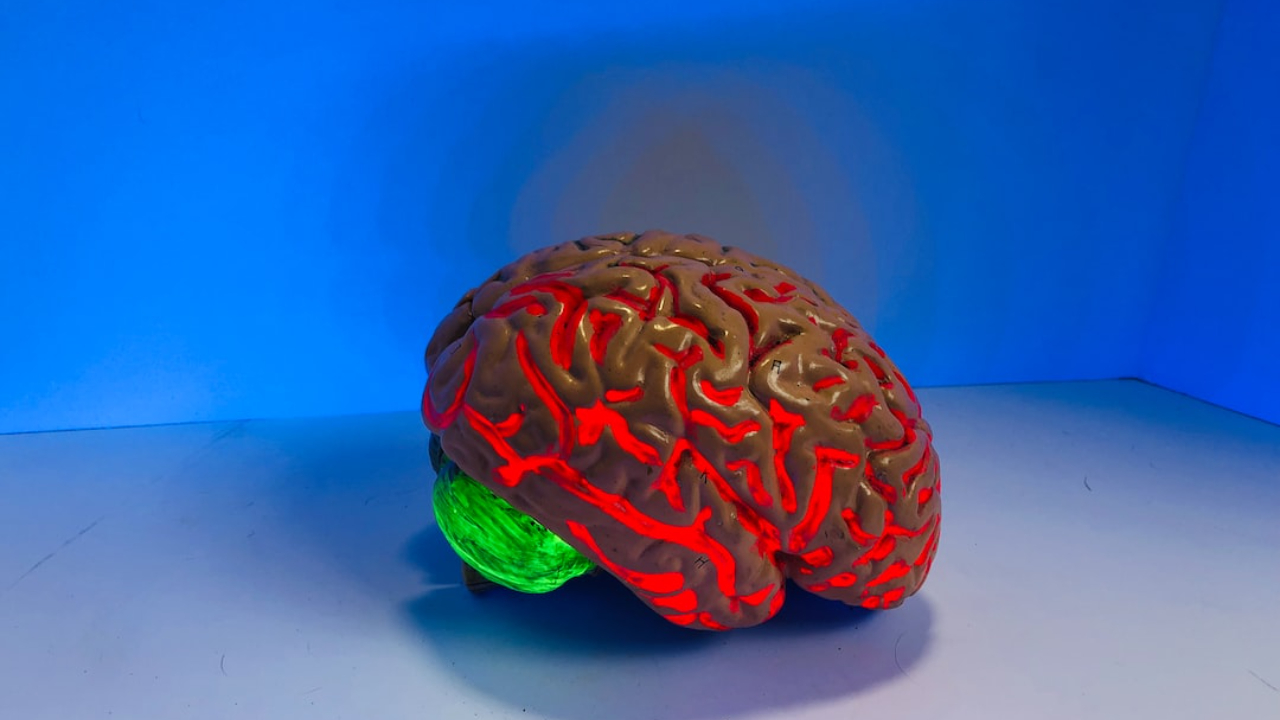Understanding the Role of Functional Medicine in Treating Neurodevelopmental Disorders
May 01, 2023
Role of Functional Medicine in Treating Neurodevelopmental Disorders
Functional medicine can be an incredibly powerful approach to treating illness when used correctly. We look at how it treats neurodevelopmental disorders.
More than 15% of children have a neurodevelopmental disorder. These disorders can challenge children in a variety of ways and impact the entire family system.
Many therapeutic and treatment modalities can positively impact these neurodevelopmental disorders. But functional medicine, getting to the root causes of all illnesses, can further help each child reach their fullest potential.
What is functional medicine, and how can it help? How can it help conditions like autism and other neurodevelopmental disorders? Keep reading and learn more about how it works below.
What You Need to Know About Functional Medicine
Functional medicine focuses on finding possible root causes of a disease or disorder. Incontrast, allopathic medicine is sometimes referred to as "name it, blame it, tame it" type of medicine.
Functional and allopathic medicine can be complementary and integrated, but finding and treating any root issues is critical.
Understanding the triggers and underlying issues allows functional medicine to treat the problem better. Consider Autism Spectrum Disorders (ASD), one of the more common neurodevelopmental disorders.
It has many potential root causes. In addiiton to genetic predisposition, the three main underlying issues may be gut health, immune problems, and metabolic or mitochondrial problems. Many children with autism have gastrointestinal symptoms, such as diarrhea, constipation and/or an imbalance of gut flora which impacts behavior.
Many also have immune dysregulation. This may be manifested as a hyperstimulated immune system with more allergies and atopic reactions or functional immunodeficiency with more infectious compromises compared to the average child.
Metabolic problems may involve a mineral or vitamin deficiency or may include a genetic abnormality of folate metabolism. Mitochondrial dysfunciton may also need to be addressed.
The Details
Mitochondrial issues may result in fatigue, constipation, hypotonia, or almost any symptom or organ. Mitochondrial dysfunction is not uncommon in autism.
In addition, the work of Bob Naviaux, MD, PhD, may well help explain the root causes of many chronic illnesses with his research on healing cycles and the Persistent Cell Danger Response.
Understanding, assessing, and treating the underlying issues of a child makes it easier for functional medicine to find solutions for these families dealing with neurodevelopmental disorders.
A detailed history and a complete physical exam are the keys to finding and understanding root causes. Targeted laboratory testing may further elicit the correct gut, immune, metabolic, or mitochondrial dysfunctions and treatment modalities to consider.
Each child needs to be treated as an individual. ASD is a spectrum disorder and not all children will have the same underlying issues or the same results. As my mentor, Dr. Sidney Baker always asked, "Have we done enough for this child?"
In addition to therapy, family support, and possible medications, functional medicine helps children with neurodevelopmental issues, ASD, ADHD, dyslexia and more reach their fullest potential.
The Roots of Functional Medicine for Neurodevelopmental Disorders
Functional medicine is unique because it focuses on the root cause of a disorder. Understanding the cause makes it easier to choose possible interventions for the patient.
Treating the underlying issues may alleviate the behavioral symptoms and at the very least help the child to feel and function better and may overall produce the best results.
To learn more about how it works, check out what we have to offer.



